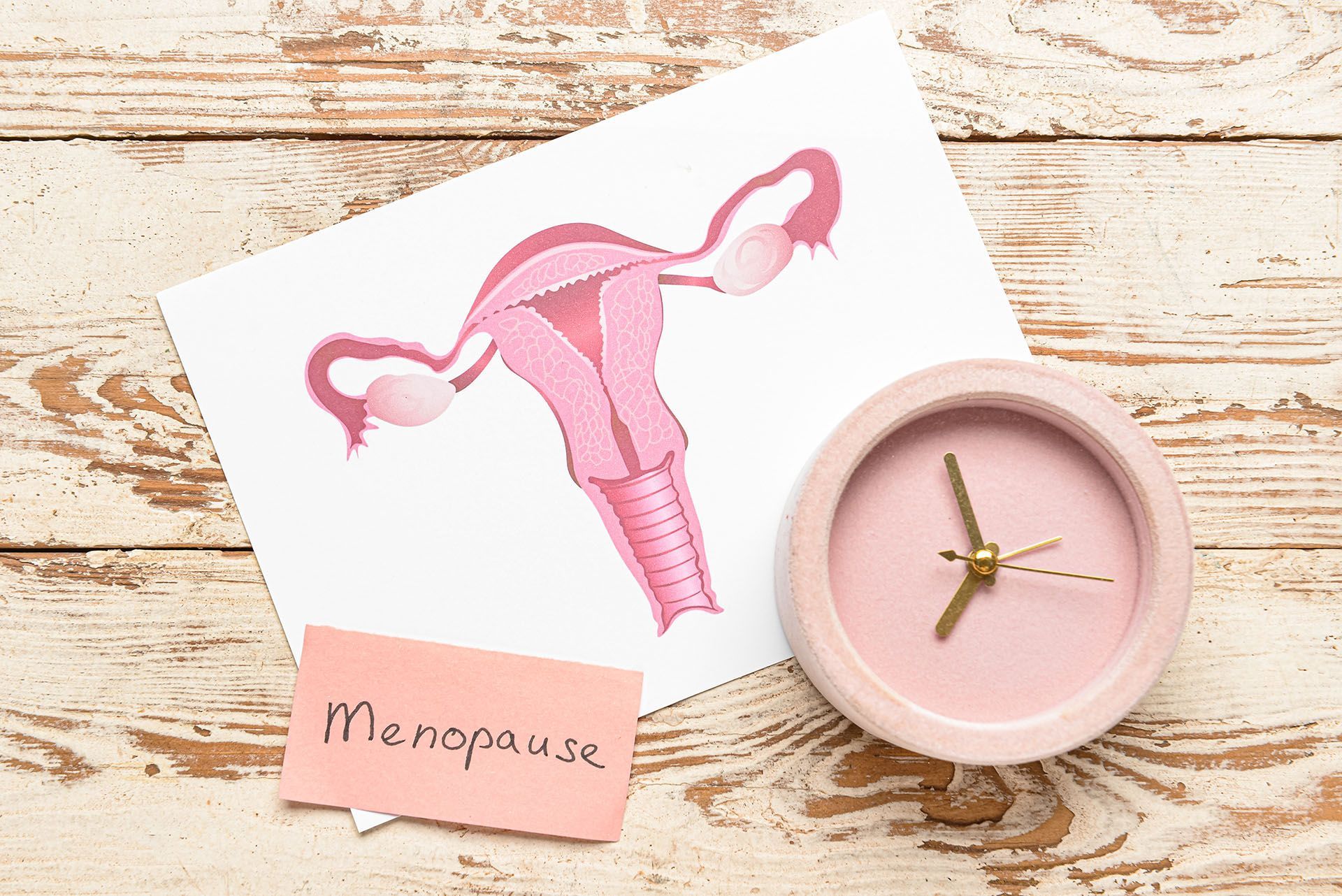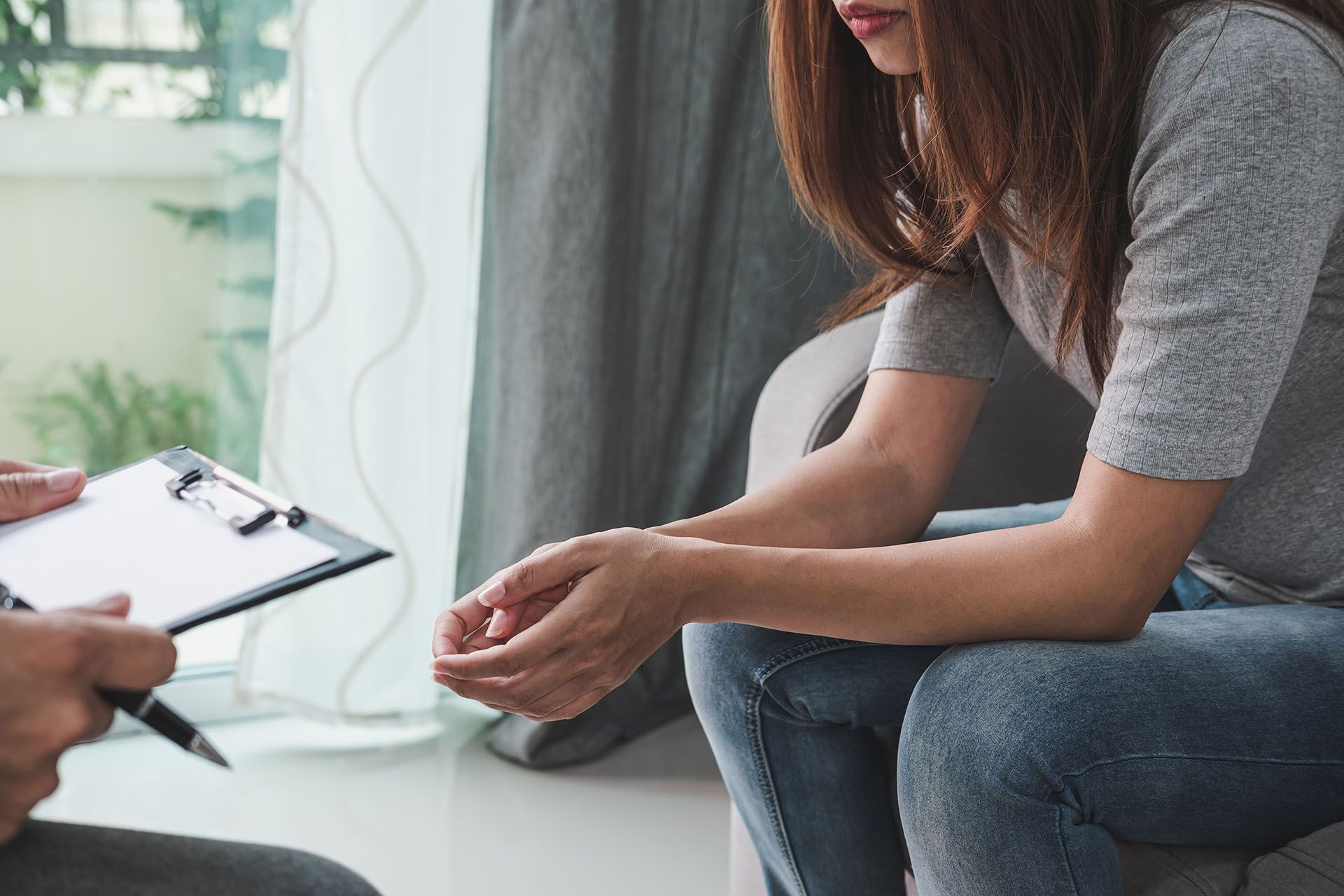What Are Anal Fissures?
Anal fissures are small tears in the mucosal lining of the anus, usually caused by the passage of large or hard stools. While commonly mistaken for hemorrhoids due to their location and similar symptoms, fissures are distinct in nature and often require different treatment approaches.
Symptoms of Anal Fissures
Anal fissures typically present the following symptoms:
- Sharp Pain: Intense discomfort or burning sensation during or after bowel movements.
- Bleeding: Bright red blood on the toilet paper or in the stool.
- Itching and Irritation: Persistent itchiness around the anal area.
- Visible Tear: In some cases, a visible crack in the skin around the anus can be identified.
Common Misconceptions About Anal Fissures
- "They're Just Like Hemorrhoids": While symptoms overlap, fissures are tears rather than swollen veins.
- "They Only Affect Adults": Fissures can affect individuals of all ages, including infants.
- "OTC Creams for Hemorrhoids Will Heal Them": Fissures often require specific treatments that differ from hemorrhoid care, emphasizing the need for a correct diagnosis.
Treatments for Anal Fissures
Treatment aims to alleviate symptoms and promote healing. Options include:
- Dietary Changes: Increase fiber intake to soften stools, preventing further irritation.
- Hydration: Adequate fluid intake to maintain stool softness.
- Topical Treatments: Prescription ointments with nitroglycerin or calcium channel blockers to relax the anal sphincter and improve blood flow. Lidocaine for pain relief.
- Sitz Baths: Warm water baths to soothe the area and improve circulation.
- Botox Injections: In some cases, botulinum toxin can be used to temporarily paralyze the anal sphincter muscle, reducing pain and promoting healing.
- Surgical Intervention: If conservative treatments fail, a procedure called lateral internal sphincterotomy may be considered to relieve pressure and allow the fissure to heal.
Seeking Professional Advice
Consulting a healthcare professional is crucial to accurately diagnosing and effectively treating anal fissures. Avoid self-diagnosis and OTC treatments not specifically intended for fissures, as these can lead to unnecessary complications.
If you experience symptoms of anal fissures, please call the office at
832-979-5670 for prompt evaluation and treatment! Prioritize your well-being by seeking professional guidance to ensure effective recovery and prevent further discomfort.
SHARE ARTICLE:
SEARCH POST:
RECENT POSTS:






